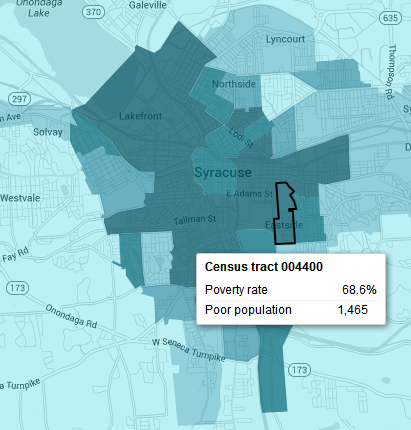- Facebook364
- Total 364
(en route to New Orleans via DC) Occasionally, I post open positions in the civic renewal field. These seem especially exciting.
Hewlett Foundation, Program Officer for Special Projects
This person will orchestrate Hewlett’s grantmaking in support of campaign and election reform across the states. See http://www.hewlett.org/about-us/careers/program-officer-special-projects
Community-Campus Partnerships for Health Executive Director
CCPH is a national leader in community-based participatory research. It seeks a new Executive Director beginning on September 1st. With CCPH operating in a virtual environment, the person can be located anywhere in the U.S. Application review begins on February 24th. For the position description and application instructions, see “what’s new” at http://ccph.info
Jonathan Tisch College, Tufts University, Special Projects Administrator
(Come work with me!) The Jonathan M. Tisch College of Citizenship and Public Service prepares Tufts students to become engaged public citizens and community leaders. Reporting directly to the Dean of the Jonathan M. Tisch College of Citizenship and Public Service, the Special Projects Administrator (SPA) will provide a range of programmatic and administrative supports to further the mission of the College and extend the impact of its Dean.
Applicants may apply via the Tufts University employment website under requisition ID number 2338: http://www.tufts.edu/home/jobs/
The Presidio Trust (San Francisco) Leadership Education Manager
The Presidio Trust is a Federal government corporation that manages and protects the Presidio of San Francisco. The Trust is now accepting applications for a Leadership Education Manager who will develop and oversee exciting programs such as the Presidio Leadership Experience and Cross Sector Leadership Fellows Program. See http://www.presidio.gov/about/jobs/Pages/Leadership-Education-Manager.aspx
